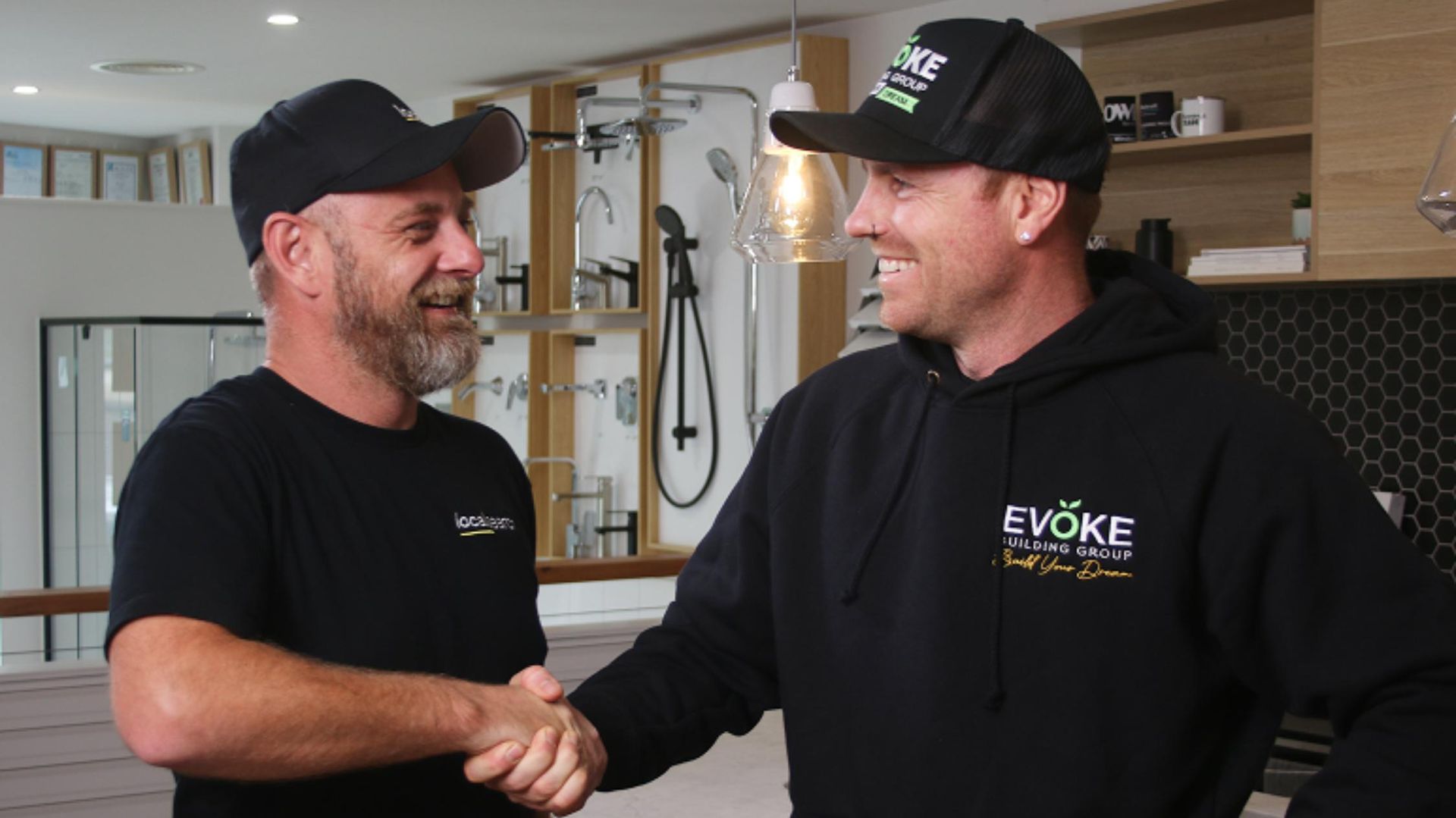What is SEO: Your Essential Guide
In this article
Related Articles
Tips to grow your business
from the experts
You may have heard that having a website is essential for establishing your presence in the digital world. However, you might also have come across terms like SEO, responsiveness and other such requirements for your website.
Rest assured, if you’re unsure about the meaning and significance of SEO, we can shed some light on these aspects and offer practical advice on how to enhance your website’s optimisation.
SEO stands for search engine optimisation, which refers to the process of enhancing your online visibility through non-paid activities to achieve a higher ranking on search engines like Google and Bing.
Although it may sound straightforward, the challenge is that only search engines themselves know precisely how to earn their favour. As a result, SEO was developed to uncover effective strategies for boosting search engine rankings.
What are SEO best practices?
Anything you do to help users find you easier on search engines is considered SEO. As we mentioned above, only Google knows the specific ways to do this, however, their intent is always the same—to provide the most relevant information to answer the searcher’s question. While what they consider most important to achieve this may change, keeping this in mind will help you make the right decisions regarding your SEO.
There are two types of SEO; on-page and off-page. We’re going to go through a few basics of each, however, please note, this is only the tip of the iceberg. If you really want to step up your SEO game, talk to an expert.
On-page SEO
Anything you do to your website with the hopes of improving organic traffic to a page is called on-page SEO. Your overall goal for your website should be to create an easy, fulfilling experience for the user so they will be more likely to become a customer. To do this, you need to convince Google (and other search engines) your website will provide a great user experience, such as fast load times, easy to navigate, etc. You will need to focus on the front and backend of your website to achieve this.
Frontend SEO
The frontend of your website is anything the user can see. There are so many things to take into account when working on the frontend of your website, but here are just a few things you need to take into account:
Create Easy Navigation
If users have difficulty finding the information they need, they will leave your website. Consider the workflow people will take to learn about your business, products or services and then contact you. Create a home, about and contact page, and then decide on your products and services page. At the very least, you will want a main (parent) services or products page with drop-down (child) pages for each page you provide.
Put yourself in the shoes of someone visiting your website. Can you always see your business’s contact information in the header? Were you able to quickly locate an enquiry or booking form, size guides, shipping and return information or anything else they need to know about your information. If you get lost, even for a second, so will your user.
Add Good-Quality Content
Creating effective website content requires considering key factors for producing high-quality, resonant content that attracts organic traffic. Here are some tips to get started:
- Write unique content – Avoid duplicating content on your website, unless you provide proper citation. Creating original content will help you stand out from your competitors and establish your brand as an authority in your niche.
- Write for your user, not for search engines – Avoid overusing certain keywords or phrases to improve your search engine ranking. Instead, focus on creating content that is informative and engaging to your target audience.
- Be informative – Consider why someone would be looking for your product or service and focus on the benefits they will receive, rather than simply describing the product itself. This will help you connect with your audience and demonstrate the value of your offerings.
- Create a brand personality – Develop a brand voice that is relatable, likeable, and easy to connect with. This will help you establish a strong brand identity that resonates with your audience and encourages them to engage with your content.
Crafting effective website content entails being genuine, empathising with your audience’s pain points and clearly communicating the problem you are solving for them.
Backend SEO
The backend of your website is what keeps your website running, but the user does not see it.
Easy-to-Crawl Code
Clean code and easy navigation are important for good SEO. Google bots need to easily crawl across every page of your website and unnecessary code can deter it. Dead ends or code that makes the Google bots stop will harm your SEO.
Off-Page SEO
We already know Google wants to provide their users with trustworthy sources of information. You can say you’re trustworthy and amazing as much as you want on your website, but what Google really wants to see is others saying the same.
As you can guess, off-page SEO is the work you do outside of your website to build trust in your brand. The more Google can see people love your brand, the more they will reward you with better visibility on the searches relevant to your brand—in theory, anyway.
You can do this by:
Having Consistent Name, Address and Phone Number (NAP)
A consistent NAP across online platforms, social media and websites is crucial for your business. It helps Google identify your business and assess the page’s performance based on user experience.
People Reviewing Your Business
Reviews are a great way to know what people think of your business. But be careful! Google can tell if a review is fake based on the IP and email address used to submit it. If reviews are not legitimate, they can have a negative impact on your SEO.
How can you measure your SEO success?
You can track your SEO success by monitoring your position on SERPs and the click-through rates from search engine result pages. However, it’s important to not just focus on traffic, but also on conversion rates. If your conversion rate is low, it may indicate a problem with your on-page SEO or the search terms you’re targeting.
Who can help with my SEO?
A search strategist can assist with analysing and making recommendations, but a complete digital marketing service can provide a holistic approach that includes creating an SEO-friendly website, running improvement campaigns, and supporting traffic growth with other activities like search engine marketing. For further assistance on this topic, please don’t hesitate to contact us. We’re here to help!

















